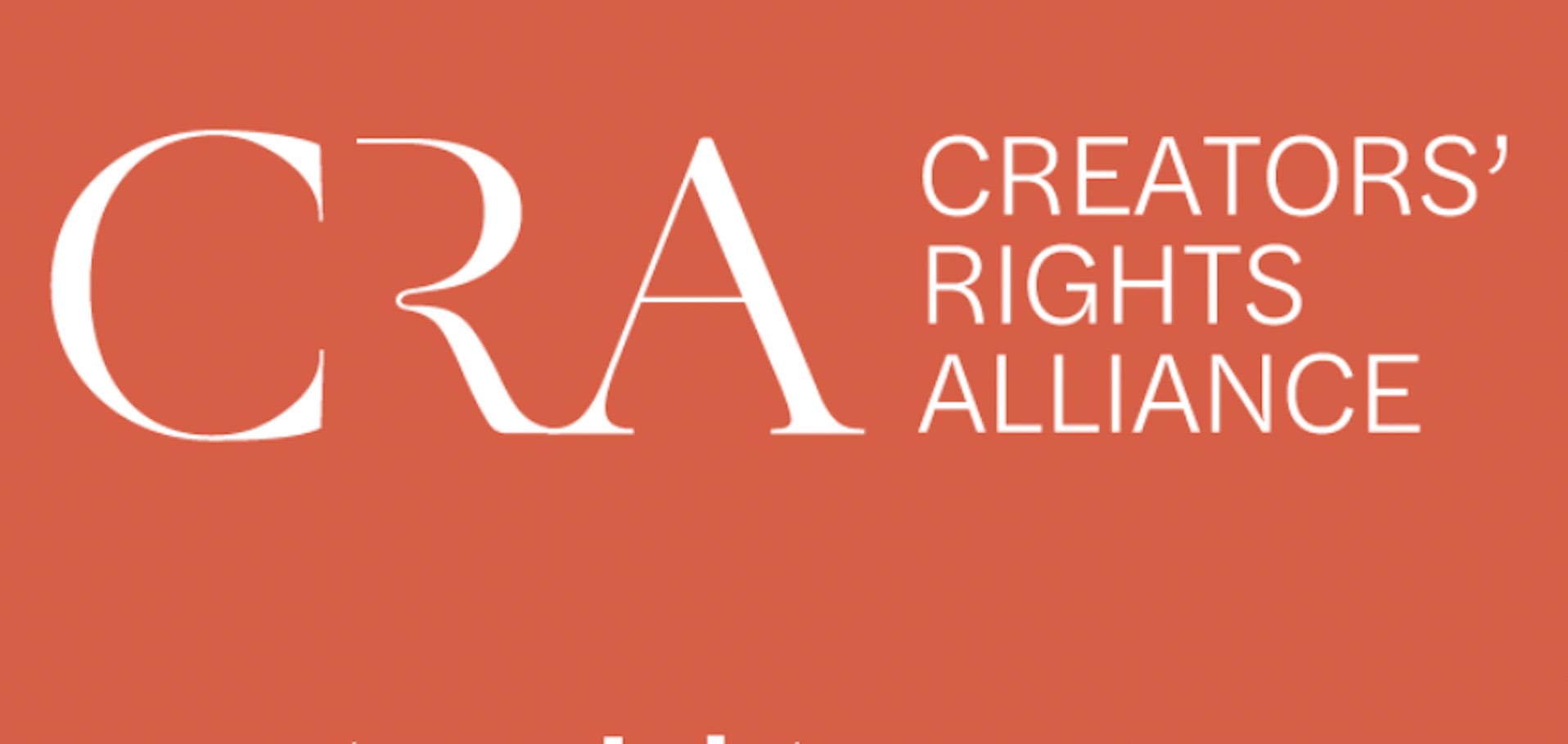The Creators’ Rights Alliance has written to companies working in software development, including companies working in research, experimental development and professional, scientific and technical activities.
The letter, sent to Microsoft, Google, OPENAI, Apple, Meta and many more, reaffirms that members of the Creators’ Rights Alliance and the 500,000 creators they represent do not authorise the use of any of their works protected by copyright and/or related rights (including performers rights) for the training, development, or operation of AI models, including large language models, or other any other AI products, unless they have specifically agreed licensing arrangements with creators and rightsholders.
Creators’ data, the letter asserts, is regularly being taken without permission and used to train AI, and this is already having an impact on creators’ income and their ability to continue to work.
Writers, performers and artists are among those whose works have been used unlawfully to inform the training of AI models by technology companies, without consent or remuneration of creators or rightsholders. Further copyright infringement takes place when people assume that licenses are in place within the software created by technology companies and use it to generate new works.
65% of respondents to a Writers Guild of Great Britain survey said they believed that the increased use of AI will reduce their income from writing, whilst 61% were worried that AI could replace jobs in their craft area(s). This comes on top of an early impact assessment by Open AI which indicated that the exposure risk to poets, lyricists and creative writers was amongst the highest, at 68.8%. And a report by KPMG, Generative AI and the UK Labour Market, estimates that 43% of the tasks associated with authors, writers and translators could be automated, with humans fine tuning machine output.
The Creators’ Rights Alliance suggests a set of rules to make it possible to use licensed work for AI, which provides benefits for the creators, users and software builders.
1. To provide full transparency about the works which have been used to develop their model;
2. To make detailed requests for any works they seek to use in future;
3. To obtain authorisation (in advance) from the relevant creator and rightsholder, and where a rightsholder is licensing a catalogue of works to seek assurances that the creators of those works have specifically consented to the licensing arrangement
4. To offer appropriate remuneration for all uses – past and future;
5. To give appropriate attribution to all creators concerned with the work, in all cases;
6. To engage in good faith licensing negotiations to redress past bad practice, to remove from their systems any copyright protected works (including but not limited to literature, images, music, and performances) which has been used without authorisation (datasets and programs) and to show evidence of such removal;
7. To respect the fact that there may be occasions where creators and/or their representatives may, on ethical and/or economic grounds, choose to withhold their consent for the use of their work.
The CRA encourages all creators to make use of the Intellectual Property Enterprise Court, to combat infringement particularly the small claims track option, which is designed to support individual creators running their own small business.
Chair of Creators’ Rights Alliance, Nicola Solomon said “Creators are innovators. They are keen to use AI tools but need trusted systems that do not have the potential to infringe the rights of human creations, or their styles and personalities. Creators need to be consulted, give consent and be remunerated when their work is used to develop AI models. If we work together, we can create high quality robust systems that enhance the work of human creators and reward their creativity”
Artist and DACS Member, Adelaide Damoah said “It is time to set a global standard on protecting artists and their work. Recent landmark EU legislation is a good start for Europe. The way forward for the UK is clear: we must enact policies at speed, that safeguard artists’ rights by legislating for transparency rules, in step with AI’s rapid development”.
Further CRA suggested solutions
The Creators Rights Alliance urges the new Labour Government to support the development of The Smart Fund, and to take forward the recommendations outlined in the Creator Remuneration Report, published by the Commons Committee in April 2024, including the recommendation for Government to:
• Ensure that creators have proper mechanisms to enforce their consent and receive fair compensation for use of their work by AI developers. It should set out measurable objectives for the period of engagement with the AI and rightsholders sectors.
CRA campaigns Pay the Creator and Fair Terms for Creators tackle the inequality in bargaining power between creators and those who exploit their work. The Fair Terms for Creators campaign in particular sets out seven ‘CREATOR’ principles.
The CRA will continue to explore ways to protect creators’ rights by working closely with Government departments including the Intellectual Property Office; The Information Commissioner’s Office, the Department for Culture Media and Sport and the Department for Science Innovation and Technology.
Pippa Considine
Share this story

















